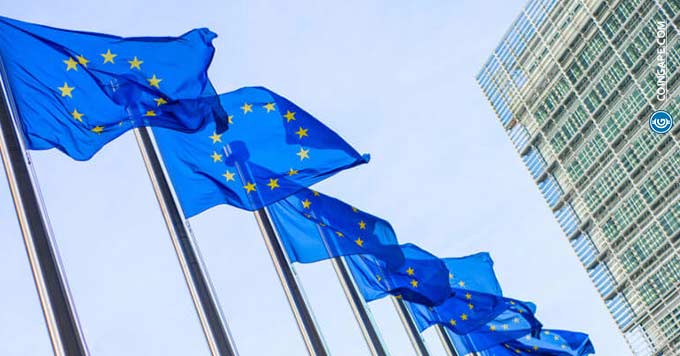Europe becomes the first continent to come to an agreement on crypto regulation as reported by Stefan Berger, a MICA parliamentarian. This groundbreaking decision comes in the wake of France passing the baton of the Presidency of the Council of the European Union to Czech Republic.
First continent to agree on crypto regulatory policies
MiCA is a regulatory framework that was created in 2018 to establish a standard licensing system across all EU member states by 2025 and help regulate out-of-scope crypto markets, assets, and service providers. It will apply to all EU member states once it is implemented, per information on LCX exchange.
The European Council, Commission, and Parliament have finally come to an agreement for MICA’s implementation. This sets a precedence for other continents and helps the cause of mass adoption of crypto. Furthermore, regulation this period will be welcomed due to recent events that occurred within the crypto space.
This pioneering text will strengthen consumer protection, European monetary sovereignty, while providing a favorable framework for the development of crypto-assets in Europe. One of the EU bodies stated on Twitter
Most crypto-assets were found to be outside of EU financial services regulation scope therefore not subject to consumer and investor protection or market integrity provisions. MICA aims to solve this among other regulatory problems.
EU policymakers decide on strict verification for anti-money laundering in crypto
In July 2021, the European commission introduced a bill to combat money laundering for crypto transactions and after months and several meetings, no agreement was reached, not until Wednesday.
The European Union (EU) has finally agreed on the rules for anti-money laundering and they concluded that there would be a need for verification of customer identity even for the smallest transactions.
There are concerns that the law will prevent innovation and will pose a risk for privacy, however some of the people involved in the process have confirmed that a balance was struck and the anti-money laundering policy will not affect innovation or privacy.
Payments to unhosted private wallets will mostly be excluded from laundering checks but according to a source in the know, this will only apply when transfers were made to a person’s own private wallet, and only when the value was over 1,000 euros ($1,052).
The presented content may include the personal opinion of the author and is subject to market condition. Do your market research before investing in cryptocurrencies. The author or the publication does not hold any responsibility for your personal financial loss.





